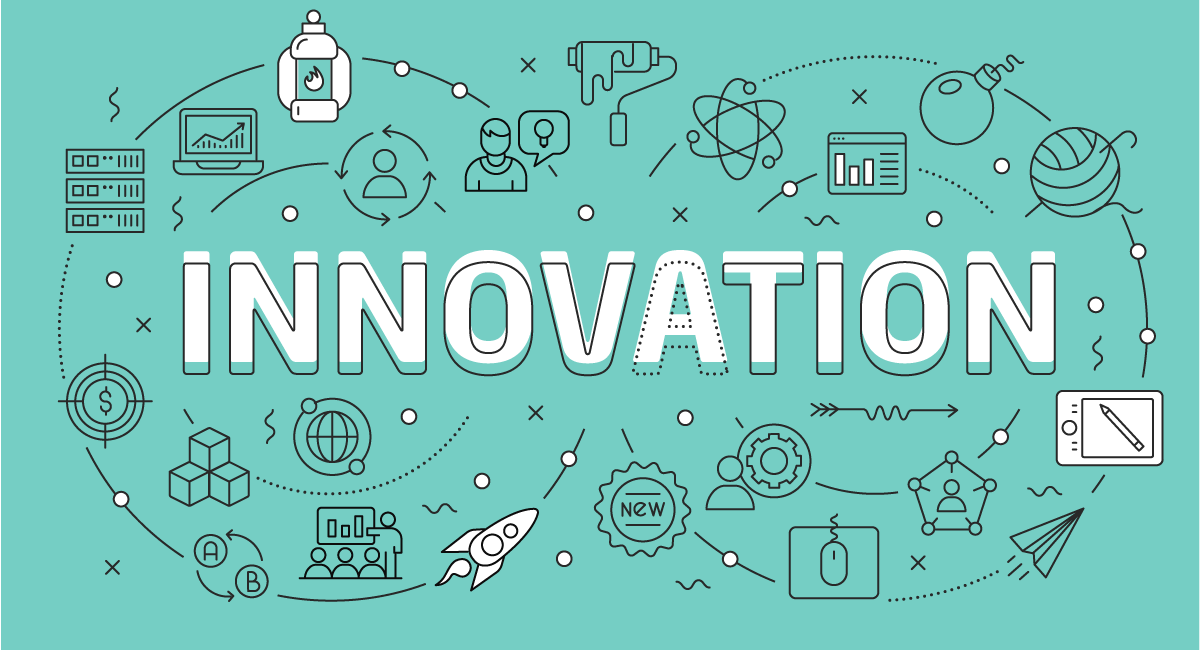
The relationship between the environment and innovation has never been more important. With climate change, pollution, and resource depletion posing significant threats worldwide, innovative solutions are now critical for protecting our planet. Businesses, governments, and individuals are turning to cutting-edge technology, sustainable practices, and creative thinking to address environmental challenges.
One of the most significant areas of innovation is renewable energy. Solar panels, wind turbines, and hydropower systems are now more efficient and affordable than ever. Companies are investing in research to make these technologies more reliable, helping reduce dependence on fossil fuels. For example, new solar technologies can capture more sunlight even on cloudy days, making solar energy practical in more regions.
Another groundbreaking innovation is in the field of sustainable agriculture. Traditional farming methods often harm the environment by depleting soil and using harmful chemicals. Today, vertical farming, hydroponics, and precision agriculture are revolutionizing how we grow food. Vertical farms use stacked layers to grow crops indoors with minimal land and water use. Hydroponics allows plants to grow without soil, reducing water consumption by up to 90%. Precision agriculture uses data and AI to optimize irrigation and fertilizer use, reducing waste and environmental impact.

Water conservation is also a major focus of environmental innovation. With freshwater resources under pressure, technologies like water recycling systems, desalination plants, and smart irrigation are providing solutions. For instance, desalination plants turn seawater into drinking water, helping communities in arid regions. Smart irrigation systems use sensors to deliver precise water amounts, reducing waste and improving crop health.
Innovation is also transforming the way we manage waste. Recycling and upcycling are no longer limited to paper and plastic. Advanced technologies can now recycle electronics, construction materials, and even carbon emissions. Startups are creating machines that turn plastic waste into usable products like furniture or clothing. Similarly, carbon capture technology removes carbon dioxide from the atmosphere, helping combat climate change.

Transportation is another sector experiencing major environmentally friendly innovations. Electric vehicles (EVs) are becoming mainstream, with advancements in battery technology making them more affordable and efficient. Public transport is also evolving, with electric buses, solar-powered trains, and bike-sharing programs reducing pollution in cities. Moreover, researchers are exploring hydrogen fuel cells and biofuels as alternatives for long-distance travel.
The business world is increasingly aware that sustainability drives both profit and reputation. Companies adopting green innovations are attracting environmentally conscious consumers and investors. From reducing packaging waste to creating eco-friendly products, businesses are finding that sustainability can coexist with growth. Governments also play a key role by offering incentives for green initiatives, funding research, and implementing stricter environmental regulations.

Education and awareness are equally important. By promoting environmental literacy, people can understand the importance of sustainable practices and support innovative solutions. Schools, universities, and online platforms are teaching students about renewable energy, conservation, and environmental ethics, preparing the next generation of innovators.
However, challenges remain. Implementing innovative solutions often requires significant investment, infrastructure, and policy support. Collaboration between countries, industries, and communities is essential to ensure that environmental innovation reaches its full potential. Despite these hurdles, the progress made so far is promising. New technologies and ideas are helping us live more sustainably, conserve resources, and protect biodiversity.
In conclusion, the fusion of environment and innovation is shaping a sustainable future. From renewable energy and smart agriculture to waste management and eco-friendly transportation, innovative solutions are making a tangible impact. While challenges remain, global efforts toward sustainable innovation offer hope for a cleaner, healthier planet. As individuals, businesses, and governments continue to embrace these technologies, the vision of a greener future becomes increasingly achievable.
READ MORE:- Inside the World of Business Acquisitions: Secrets of Corporate Growth 2025
